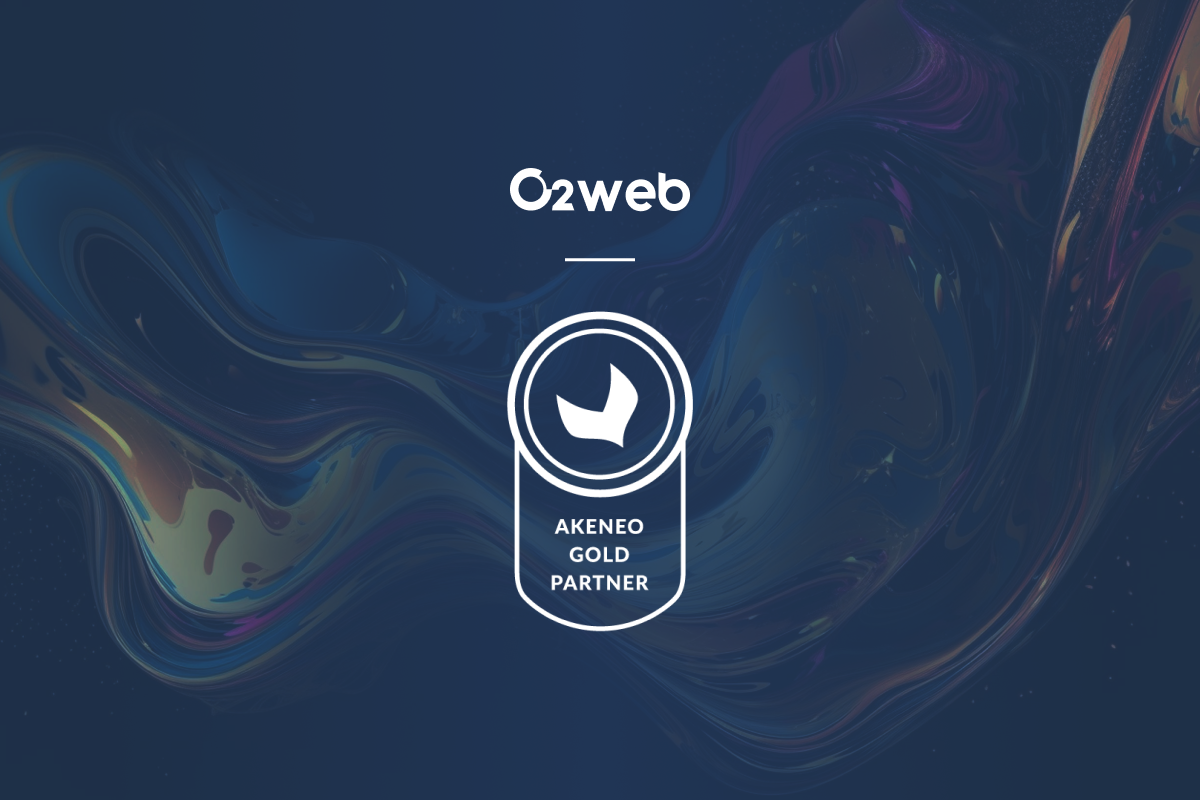
Ecommerce: why you need to prioritize your ERP
In ecommerce, trends shift rapidly and staying ahead is a constant challenge. Amid the quest for success, an often overlooked factor can be the game-changer between average and outstanding – your ERP. In this blog post, we will explore some common ERP implementation challenges, shed light on their potential impact on your bottom line, and provide practical solutions to overcome these hurdles.
Why proper ERP implementation matters
Whether you’re a B2B or B2C company, the importance of a proficient ERP implementation is underscored by its capacity to customize the functionalities of your existing system to integrate with ongoing business operations seamlessly. This alignment across diverse applications and systems enables you to maximize data utilization, ensuring real-time visibility, streamlined order processing, enhanced customer experiences, and efficient inventory management.
Notably, 95% of businesses reported significant process improvements following ERP implementation and a 64% increase in productivity. This data highlights the tangible benefits a well-executed ERP strategy can deliver to online brands.
Overcoming ERP implementation challenges in ecommerce
While ERP systems have efficiently streamlined operations and augmented productivity by providing enhanced visibility, it is imperative to recognize and tackle the associated challenges.
Mismatched data
Mismatched data occurs when the information in the ERP system fails to match the format or structure expected by the ecommerce platform, leading to confusion, errors, and difficulties in making both systems work seamlessly together.
Establish a comprehensive data mapping strategy that outlines how data should be translated and synchronized between the ERP and ecommerce systems. Implement data validation processes to ensure consistency.
System compatibility issues
Compatibility issues may arise in ERP systems, especially with components like Product Information Management (PIM) and CRM systems within ecommerce operations. This can impede data flow and hinder overall operational efficiency.
Use integration tools such as iPaaS to bridge the gap between ERP and ecommerce systems, ensuring seamless data flow. Regularly update these connectors to accommodate system changes.
Process misalignment
Process misalignment occurs when the workflows and procedures in the ERP system don’t seamlessly match those of the ecommerce platform. This misalignment can lead to inefficiencies and disruptions in daily operations.
Conduct a thorough analysis of existing processes in both the ERP and eccommerce systems. Adjust workflows and procedures to align, ensuring a smoother integration that doesn’t disrupt operational efficiency.
Data security concerns
Data security concerns involve ensuring that sensitive information, such as customer data and financial details, is handled securely during integration. Failure to address these concerns can lead to breaches and loss of trust.
Implement robust encryption methods, control accesses, and secure communication channels to protect sensitive data during ERP and ecommerce systems transfer. Regularly update security protocols to address emerging threats.
Customization complexities
More than 64% of organizations implement substantial customizations in their ERP systems, varying from heavy to moderate levels. Throughout this complex customization process, challenges may surface, including conflicts in data structures or functions. These issues highlight the complexities associated with tailoring ERP to meet the distinctive needs of online businesses effectively.
Prioritize a modular and flexible ERP system that allows customization without compromising the core functionality. Thoroughly test customizations before integration and provide clear documentation to manage complexities effectively.
Scalability challenges
As businesses grow, the strain on integrated systems can affect performance and efficiency. Increased data, user demands, and complex transactions may thwart seamless scaling, impacting both customer experience and operational efficiency. To address this, implement proactive performance monitoring, invest in scalable infrastructure, conduct regular load testing, optimize resource allocation, engage in proactive capacity planning, and streamline processes for optimal system performance during growth.
A well-implemented ERP system not only streamlines internal processes but also seamlessly connects with external systems such as promotional tools, pricing modules, order management systems, B2B customer accounts, credit lines, purchase orders/quoting systems, and punch-out catalogues. This integrated approach ensures a holistic management of ecommerce operations, optimizing efficiency across the board.
Enhance your ecommerce operations with O2 Commerce
Efficiently aligning your ecommerce platform with an ERP system demands precision, expertise, and adherence to industry best practices. Countless companies face challenges in achieving this unity, leading to inefficiencies throughout their business operations. At O2 Commerce, we go beyond understanding your ecommerce challenges; we excel in refining and streamlining the collaboration between your ecommerce platform and ERP.
Partnering with us provides you with solid problem-solving and proactive optimization tailored to your business objectives. Leverage our specialized skill set, attuned to the unique demands of ecommerce, and empower your business for sustained growth. Connect with a member of our team to discover how we can address your challenges, paving the way for continuous expansion.



